Harmonizing Productivity: Unveiling Creative Efficiency in Music Composition
Welcome back to the latest episode of our series, where today we're diving deep into a challenge that plagues many composers: mastering productivity.

Welcome back to the latest episode of our series, where today we're diving deep into a challenge that plagues many composers: mastering productivity. This isn't just about managing your time or hitting deadlines; it's about understanding and optimizing the core elements contributing to practical, creative work. Whether you're a seasoned composer transitioning to professional work or someone who thrives on the freedom of composing without strict deadlines, navigating productivity in a professional setting requires a nuanced approach.
Firstly, let's tackle a common misconception: more time equals more productivity. While it seems logical, this equation overlooks two critical factors—focus and energy. Imagine you have an entire day ahead of you, 12 hours to be exact, dedicated solely to composing. It sounds ideal, but those hours might as well not exist without focus and energy. It's like having a powerful car but no fuel to drive it. In reality, energy depletion sneaks up on us, especially when grinding through 12-14 hour days without proper breaks. The key takeaway? Productivity isn't just about finding time; it's about maximizing your time through focused energy.

Now, let's discuss strategies to boost productivity, starting with eliminating distractions. In our hyper-connected world, distractions are the norm, not the exception. From relentless notifications to the allure of social media, it's no wonder our focus is fractured. I found a significant improvement in my productivity when I turned off notifications on my devices. It's a simple action with profound impacts. Research backs this up, showing we're distracted every 15 minutes on average, and it takes us around 20 minutes to refocus. By cutting out these interruptions, we can protect our focus and deepen our engagement with our work.
Another productivity game-changer is leveraging technology to our advantage, specifically through apps designed to analyze and enhance how we work. Take Rize, for example, an app that tracks your desktop activity to provide insights into your productivity patterns. By understanding where your time goes, you can make informed adjustments to your workflow, targeting efficiency and effectiveness.
Identifying your biological prime time is another critical strategy. We all have moments during the day when we're naturally more alert, creative, and productive. These are the golden hours when composing feels less like work and more like a flow state. Discovering and capitalizing on these periods can exponentially increase your output, even if it means working fewer hours overall.
Maintaining energy levels is crucial, and this involves looking beyond just work hours to consider lifestyle choices that support sustained productivity. Regular sleep, exercise, and leisure time are not just nice-to-haves; they're essential components of a productive life. It's about finding a balance that allows intense focus and creativity during work hours, balanced by genuine rest and recovery.
One of the most potent productivity strategies is separating larger projects into smaller, manageable tasks. This approach, known as chunking, reduces the overwhelm of big, complex projects by focusing on a tiny piece at a time. For composers, this might mean focusing on just the intro of a track or developing a single theme in a session. This method not only makes the work more manageable but also provides a sense of progress and achievement that fuels further productivity.
To build on this, let's consider the role of routine and rituals in enhancing productivity. Establishing a daily routine that includes dedicated blocks of time for focused work, along with breaks and periods for exercise or relaxation, can create a rhythm that supports sustained creativity and productivity. Rituals, whether it's starting the day with a particular type of music, a walk, or a cup of tea, can signal to your brain that it's time to focus, enhancing your ability to dive into deep work quickly.
Another aspect worth exploring is the environment in which you work. The spaces we inhabit can significantly influence our mood, energy, and focus. For composers, creating a workspace that inspires creativity while minimizing distractions can be transformative. Whether it's through the use of lighting, plants, or the arrangement of your instruments and equipment, optimizing your physical space can have a profound impact on your productivity.
Incorporating feedback loops into your workflow is also invaluable. Regularly reviewing your work, seeking peer input, and reflecting on your progress can provide insights that drive improvement. This continuous loop of creating, reviewing, and refining not only enhances the quality of your work but also keeps you engaged and motivated, key components of productivity.
Lastly, understanding and managing mental and emotional states is essential for high productivity. Stress, burnout, and creative blocks are real challenges that can derail even the most disciplined composer. Developing strategies to manage these states, from mindfulness practices to seeking support from a community of peers, is vital for sustaining long-term productivity.
By embracing these strategies—focusing on managing distractions, leveraging technology, optimizing our schedules around our biological prime time, maintaining our energy, and breaking tasks into manageable chunks—we create a robust framework for sustained productivity. But the journey doesn't end here. Productivity is an evolving practice tailored by personal experience and shaped by individual needs and challenges.
To wrap up, boosting productivity is a complex task, particularly for composers navigating the ever-changing landscape of the music industry.
Thank you for joining me in exploring productivity principles in music composition. It has been a pleasure sharing insights and strategies to enhance your creative process. Remember, the journey to greater productivity is a nuanced one, especially in the dynamic world of music. If you ever need guidance or support, please don't hesitate to reach out and contact me.
Your creative endeavors are essential, and I'm here to help you navigate the challenges and triumphs that come with them.



